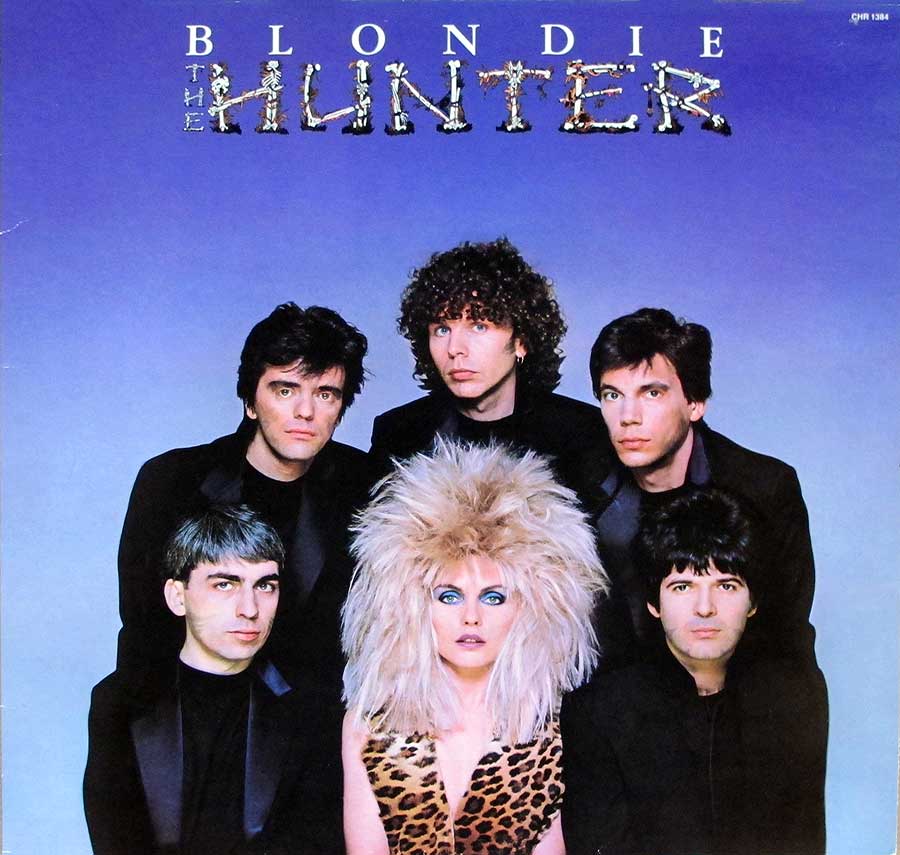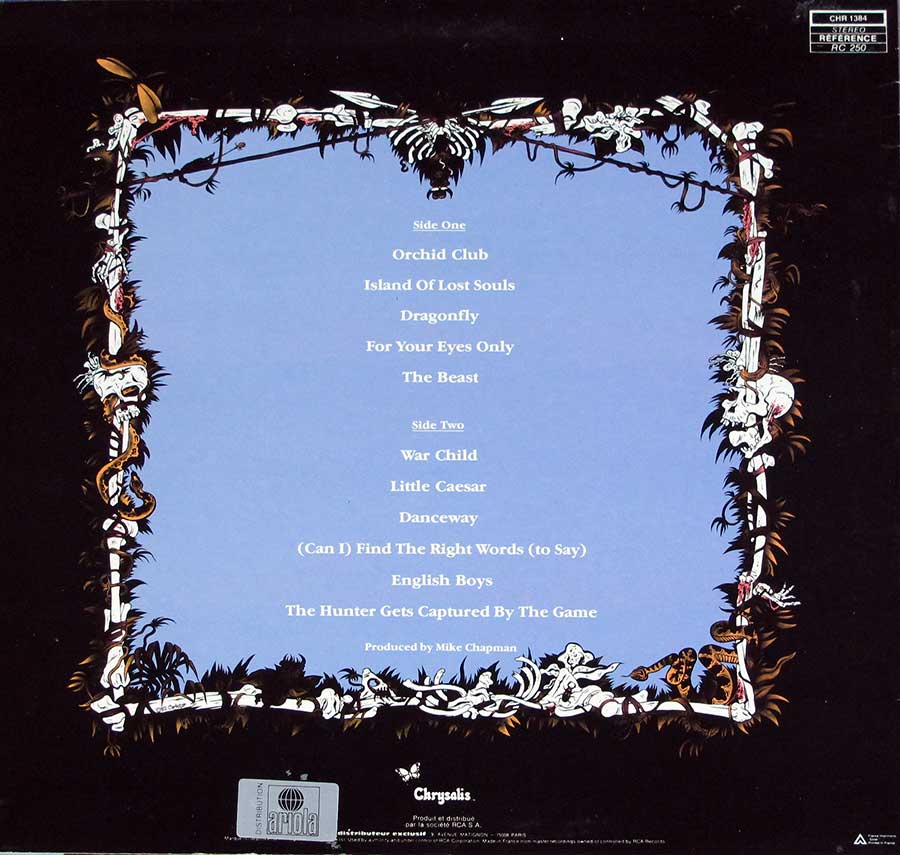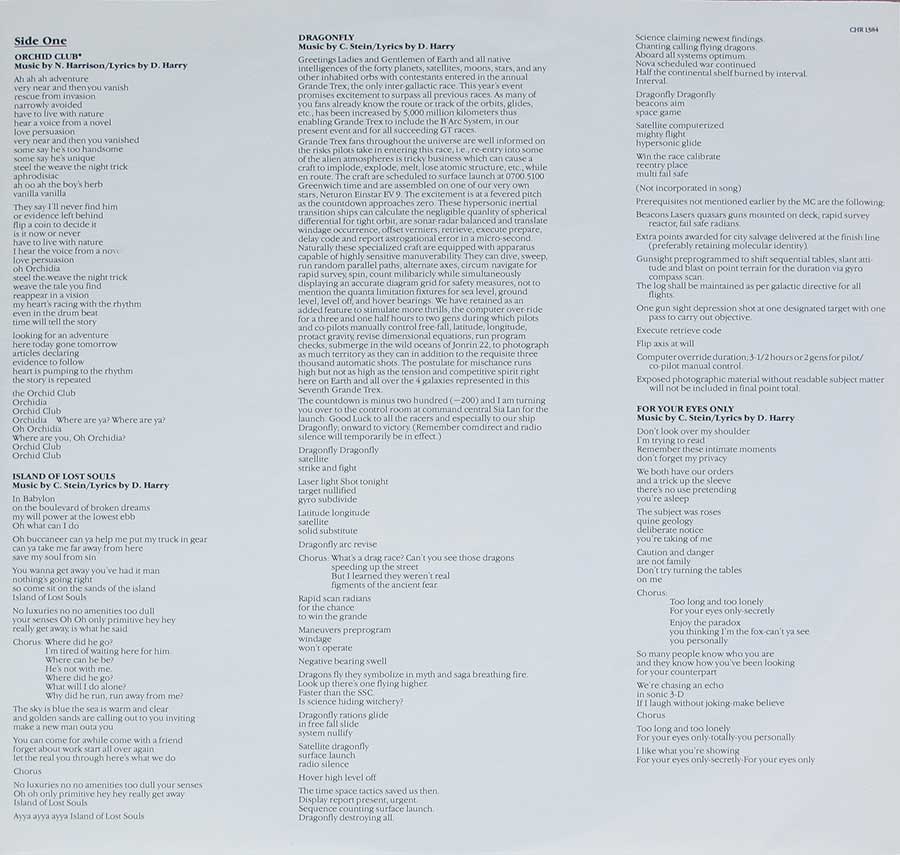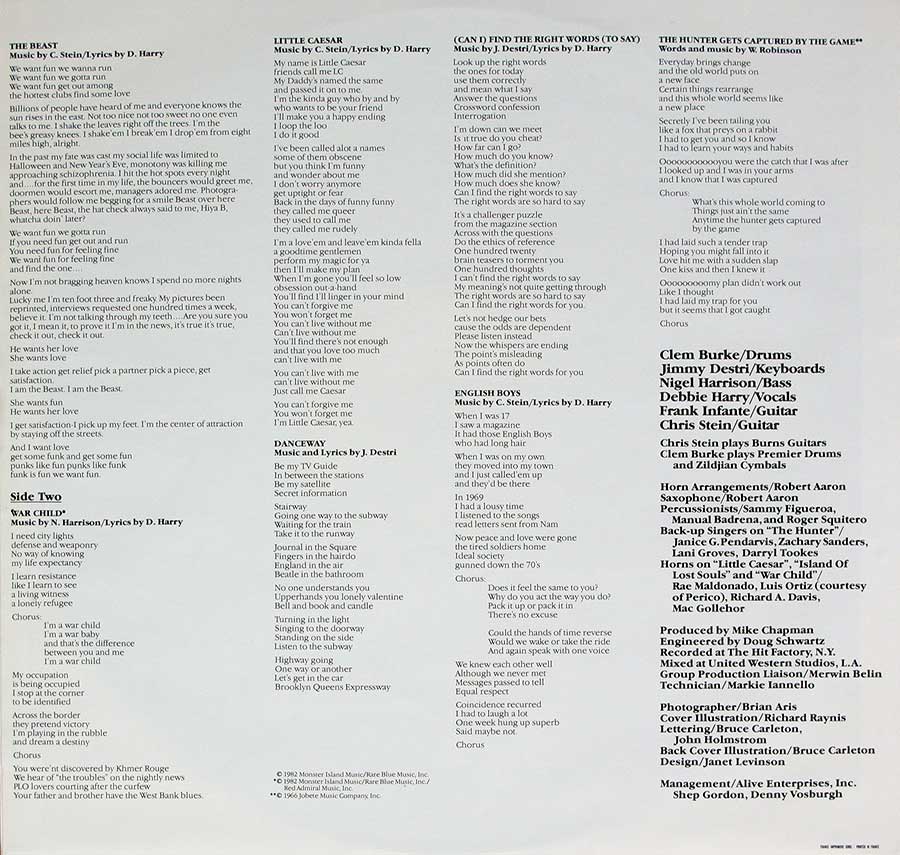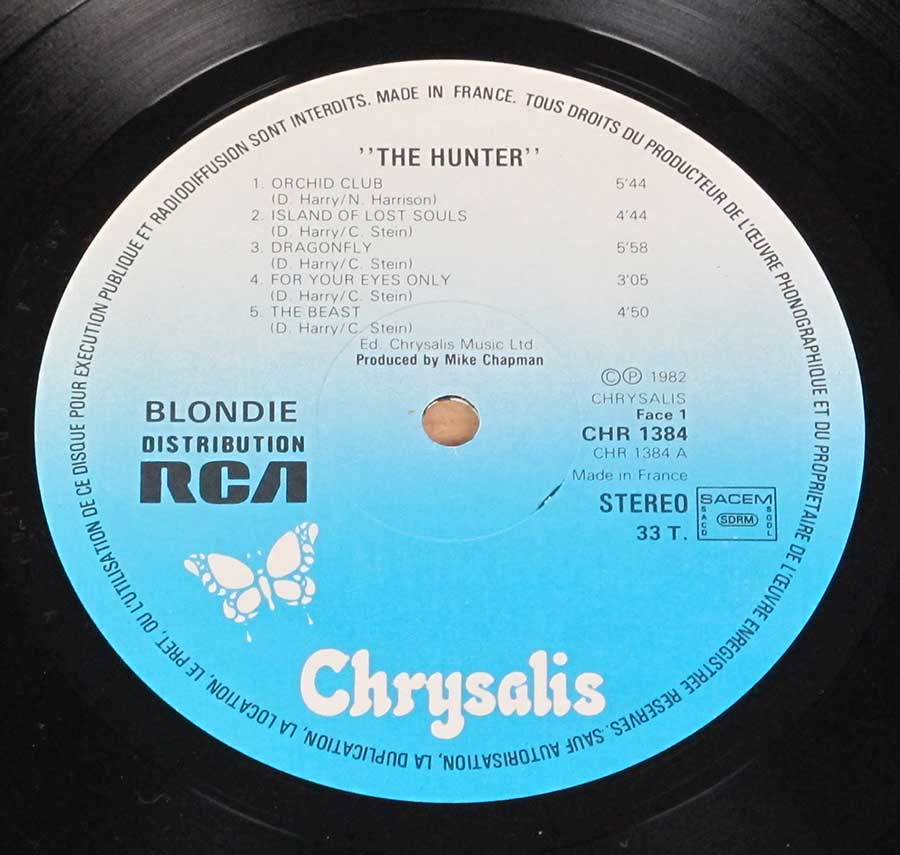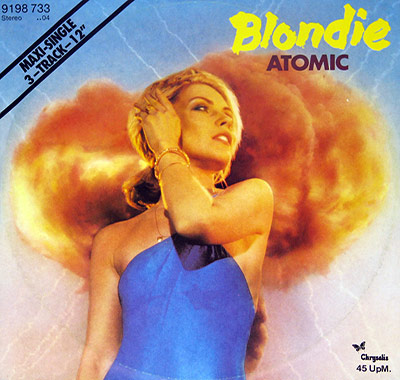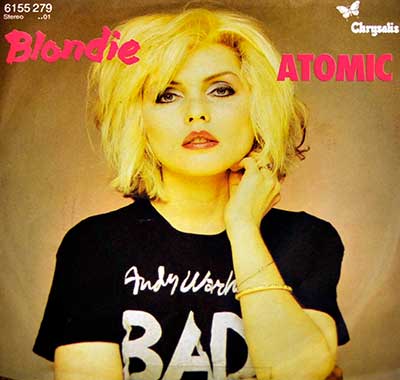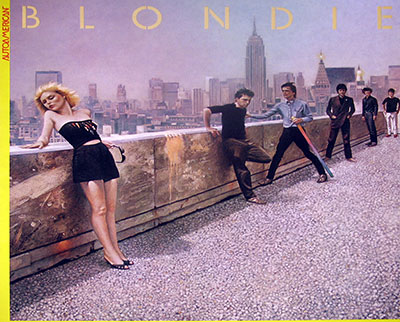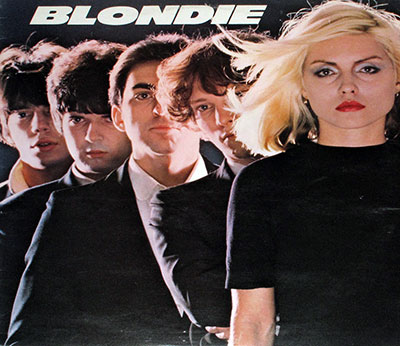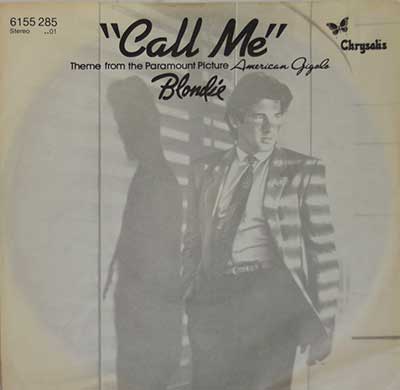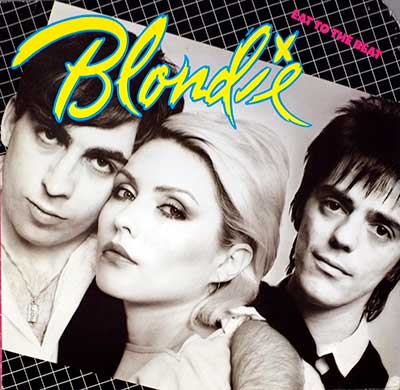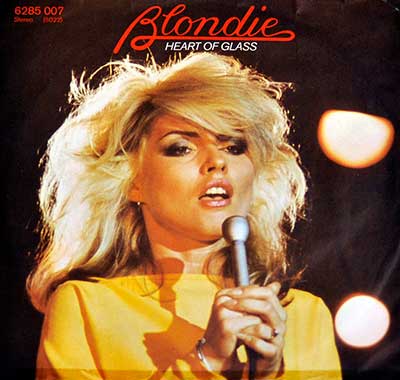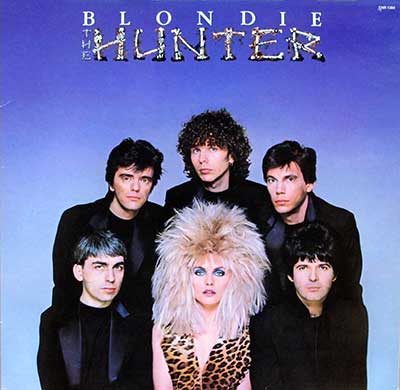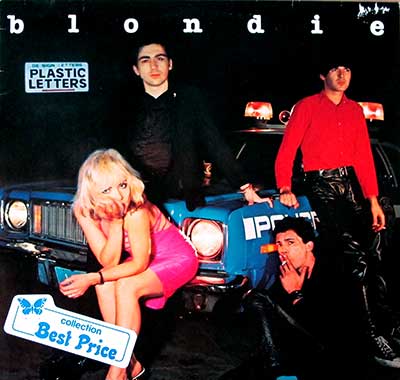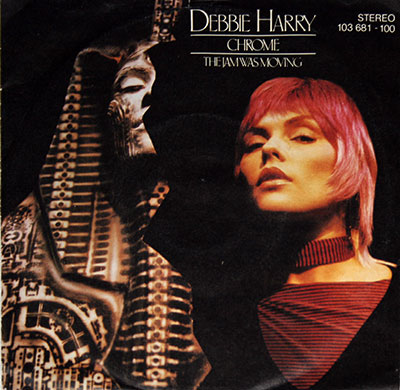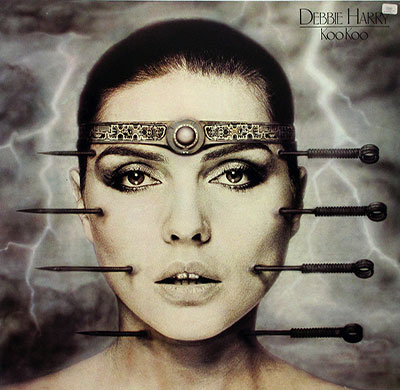"The Hunter" Album Description:
"The Hunter" showed up in May 1982 with Blondie sounding like a band that had survived its own success and wasn’t sure it wanted to wear the old costume again. You can hear the post-"KooKoo" afterglow in the air from the first minute: less CBGB snap, more neon sheen, and a faint sense of everybody checking the room to see what decade they’re in.
Mike Chapman is back in the producer’s chair, but this time the gloss doesn’t feel like a victory lap. It’s a kind of armor. Recorded at The Hit Factory in New York and mixed out in Los Angeles at United Western, the album has that early-80s studio smell: cleaner surfaces, sharper edges, and a little less sweat on the floorboards.
Some songs still punch their way through. "Island of Lost Souls" moves like a postcard that got damp in the rain, then dried crooked. "Orchid Club" drifts and stretches, almost daring you to stay with it. And "War Child" doesn’t try to be cute about its mood; it just sits there, staring back. The band’s old trick was making left turns feel effortless. Here, the left turns feel deliberate. Sometimes that’s interesting. Sometimes it’s just... telling.
The sleeve presentation is part of the story too: design by Janet Levinson, photography by Brian Aris, illustrations by Richard Raynis, lettering by Bruce Carleton and John Holmstrom. On vinyl, with the custom inner sleeve and lyrics in your hands, it lands more like a late-night document than a tidy “era” piece. I’ve played this one while making coffee, half awake, and it still sounds like a band trying to outrun the expectations chasing them down the hallway.
"The Hunter" got mixed reactions when it dropped, and that never surprised me. It isn’t the easy Blondie record. It’s the uneasy one. And honestly, I trust an uneasy record more than a “perfect” one.
